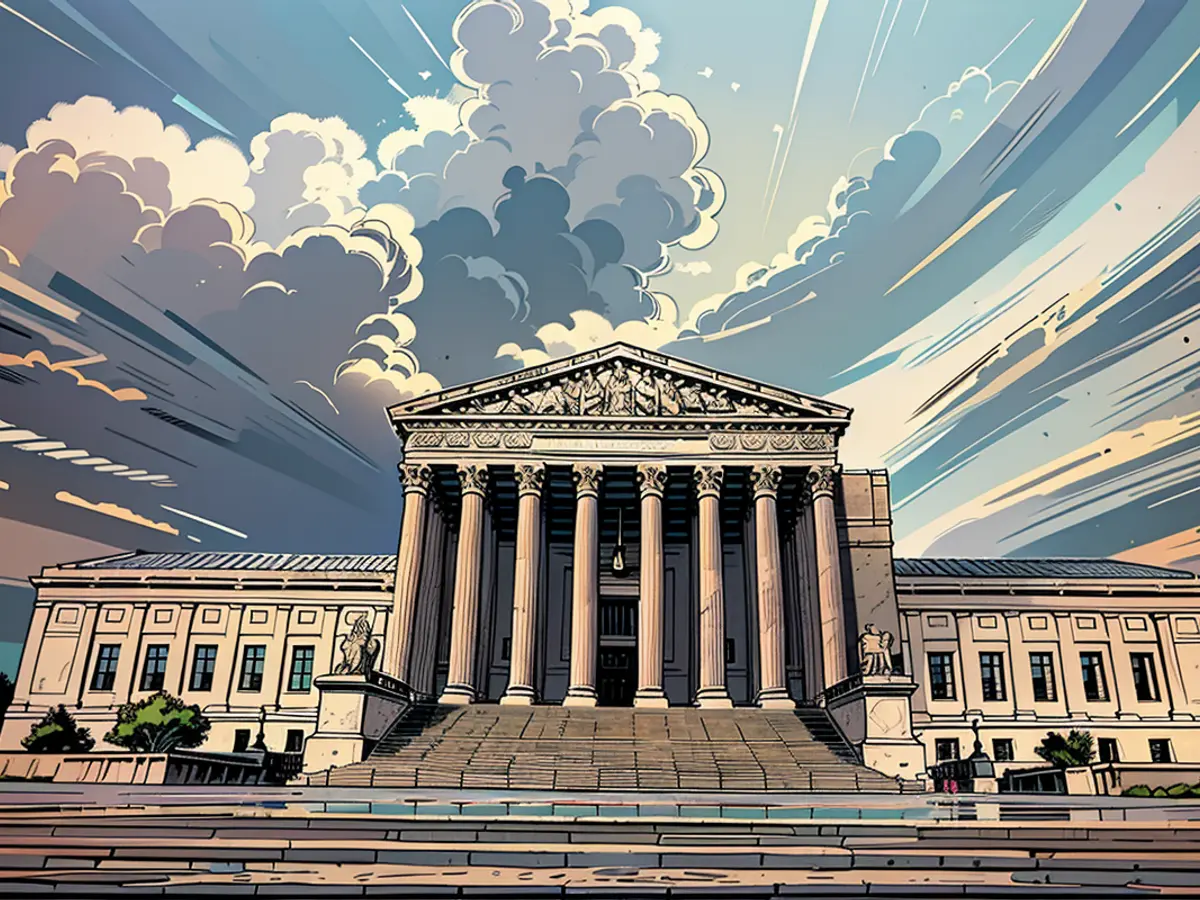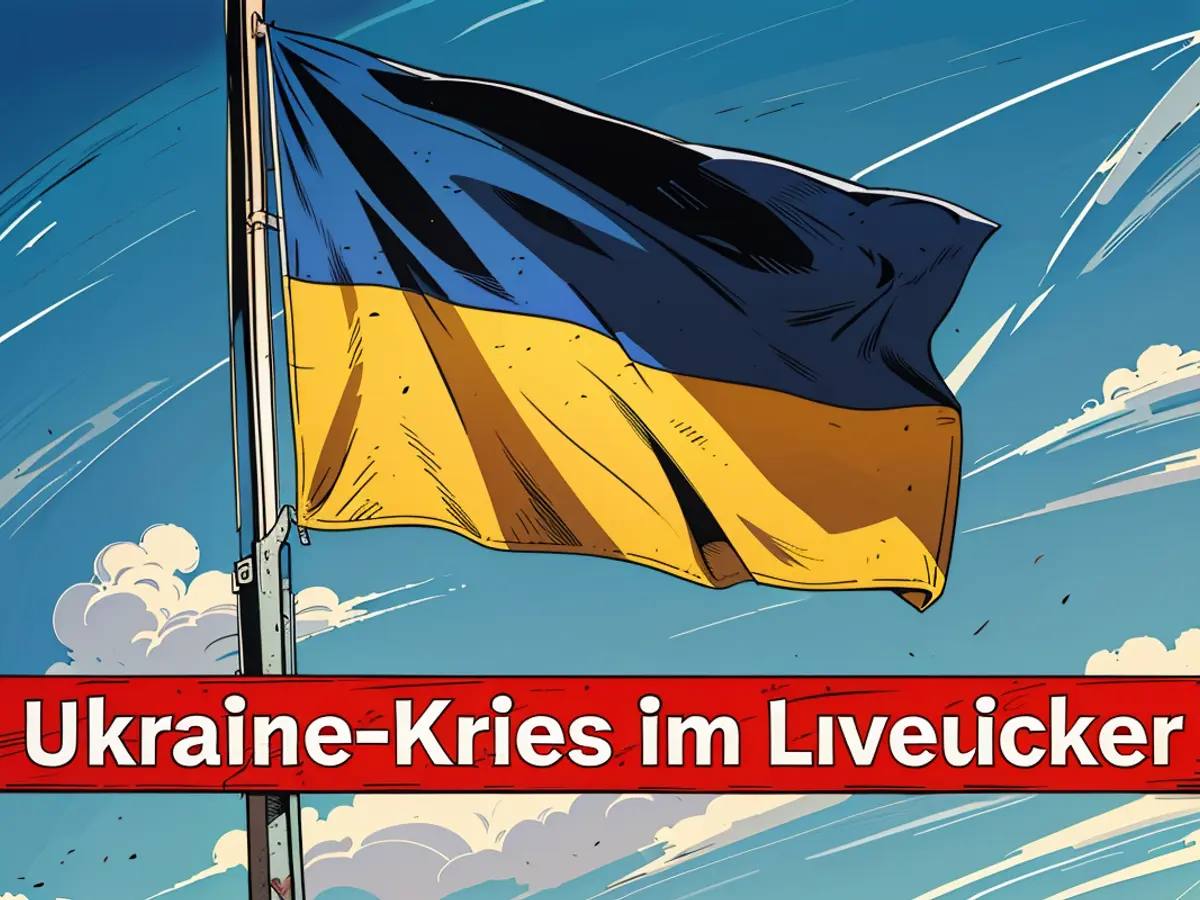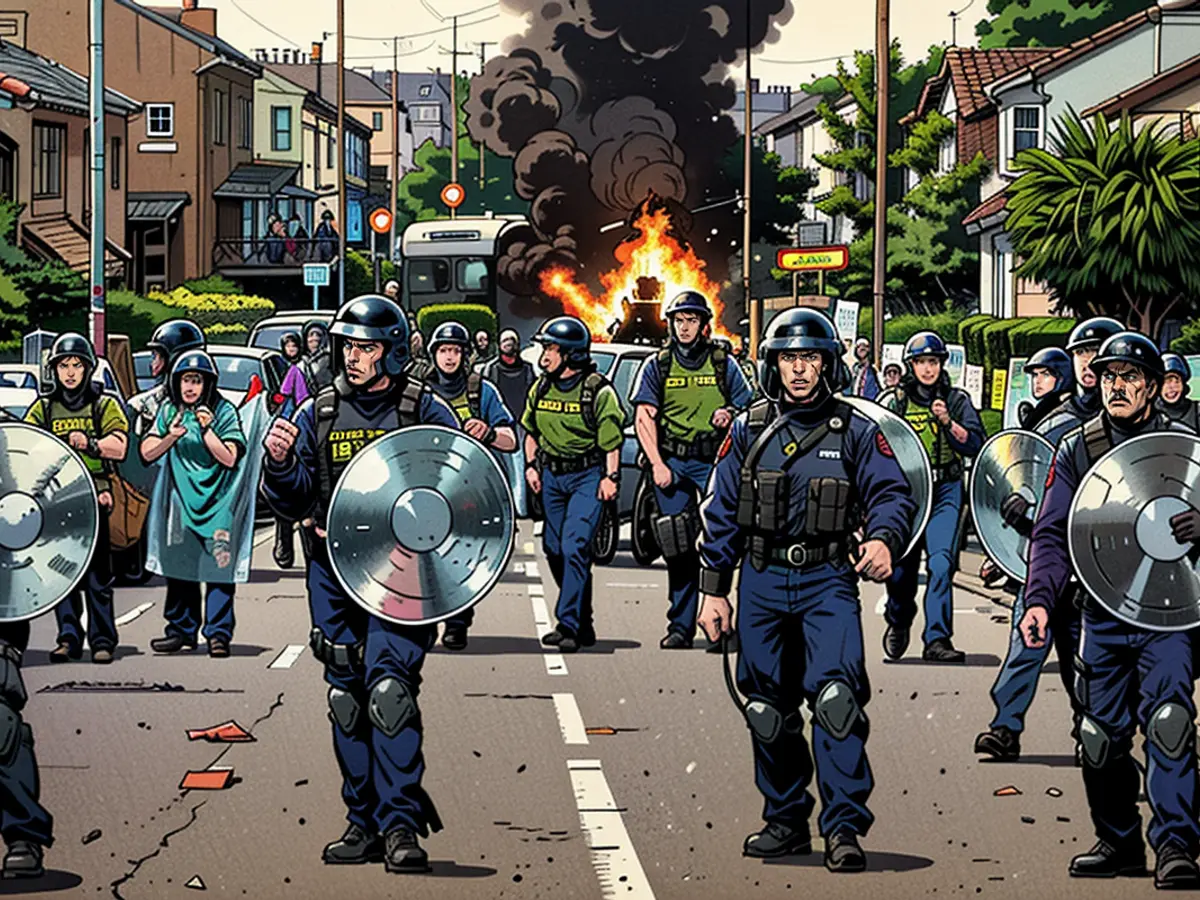The surge in cases on the Supreme Court's 'secret docket', with rulings imminent on student loans, elections, abortion, and climate change issues.
"Back in the day, our summers were actually enjoyable," Kagan addressed a group of judges in California, expressing disappointment over the excessive number of emergency appeals. "We've slipped into a habit of handling too many of them."
This habit has led to a significant increase in the Supreme Court's emergency caseload.
In the near future, the high court is anticipated to address immediate challenges to Biden's initiatives aimed at reducing student debt and minimizing greenhouse gas emissions from power plants. Additionally, the court must decide if Arizona, a crucial electoral state, can require proof of U.S. citizenship from thousands of voters before the elections. Further, a debate rages over Biden's requirement for family planning clinics receiving federal funds to provide abortion referrals upon request.
These cases are typically handled more quickly on the court's "shadow docket," as opposed to the regular docket that takes months to complete briefs, hear oral arguments, and formulate official opinions. The outcomes can have substantial real-world consequences despite dealing with narrow questions related to the underlying legal process.
"This summer has been surprisingly busy for emergency appeals, both in terms of volume and significance," noted Steve Vladeck, a CNN Supreme Court analyst and Georgetown University Law Center professor. "The court is essentially inviting these cases due to the impactful emergency rulings it issues."
Vladeck, the author of "The Shadow Docket: How the Supreme Court Uses Stealth Rulings to Amass Power and Undermine the Republic," expressed his belief that there's a disconnect between the justices' statements expressing concern and their behavior towards these applications.
"Given that the court is consistently granting emergency relief in situations it did not prioritize, and there's essentially no downside to making these requests, it's as if the legal battlefield is open to aggressive lawyers," Vladeck stated.
Court rebuffs transgender protections
Currently, there are 18 emergency cases awaiting the court's decision, although 13 of these raise similar legal concerns.
Even without additional emergency applications, Vladeck predicts that the court will surpass its past summer caseloads, including the tumultuous 2020 summer when the justices juggled numerous controversial Covid-19-related cases.
The court's latest emergency order was handed down on Friday, blocking a Biden administration proposal designed to bolster civil rights protections for transgender and pregnant students. The regulation, opposed by 10 conservative states, prohibits discrimination based on gender identity.
Under the influence of a series of lower court decisions, this rule is now on hold in approximately half the country.
The Supreme Court's brief, unsigned decision offered some explanation for the action, stating that it was unable to separate the disputed provisions from those not directly challenged. Critics suggested, however, that the brief, three-page order may only contribute to further confusion.
Justice Sonia Sotomayor, the court's senior liberal, criticized the "overly broad" ruling, writing that it "denied" residents in the suing states guidance relating to their rights.
Just four months prior, the court appeared to signal the opposite direction in a case dealing with Idaho's strict ban on gender-affirming care. The court permitted the state to temporarily enforce the law. Three conservative justices expressed dissatisfaction with the lower courts' imposition of a more extensive order than needed – an argument the court dismissed in the Biden rule case.
Amid the complex and political issues surfacing on the emergency docket this month, the court has at times been somewhat slow in resolving disputes.
Since mid-2023, the court takes approximately 20 days, on average, to address significant emergency cases (excluding capital punishment cases). However, it took the justices 25 days to resolve an emergency challenge over Biden's transgender rule.
It has been 29 days since West Virginia initiated several appeals aimed at halting Biden's power plant rules. In this case, Republican states and industry groups contend that the Environmental Protection Agency should compel existing coal and new natural gas power plants to significantly reduce or capture 90% of their climate pollution by 2032. A decision in this matter might be announced as soon as this week.
Biden's plan to alleviate student debt under threat – once more
The Department of Education has requested the justices to vacate a court order preventing a Biden initiative to lessen monthly student loan payments and expedite loan forgiveness – a cornerstone promise of his 2020 presidential campaign. The outcome of this case may also materialize within days.
Lastly, in a dispute set to be settled in the coming days, the Republican Party has asked the Supreme Court to allow Arizona to enforce a requirement for voters to provide documentation of their U.S. citizenship. This case may be one of many election-related matters heading to the Supreme Court amidst an extraordinary presidential election. Some Republicans, including Trump, have falsely accused widespread immigration-related voting in the country illegally.
It's conceivable that the Supreme Court may shift some of these pending disputes to its regular, merits docket when the court reconvenes in October for a new nine-month term, scheduling arguments and delivering formal opinions.
In recent years, some of the court's most significant cases originated on the emergency docket.
In June, the court issued a 5-4 ruling, halting a Biden administration plan aimed at decreasing smoke and air pollution, in a case that was brought before them on the emergency docket.
The practice of shifting emergency cases to the regular docket has become more common in recent years, and is often perceived as a reaction to criticism. However, it does come with its pros and cons.
During a judicial conference in Sacramento in late July, Kagan raised concerns about the court's hasty action when it took up Idaho's request to implement a Biden administration rule compelling emergency rooms to carry out abortions if the pregnant woman's health was at risk. At the time it reached the Supreme Court for argument, the details of the case were unclear, as they are usually established by lower courts.
The court eventually returned the case to the lower courts in late June, postponing a review of the underlying legal issues.
Despite some justices' reluctance to solve emergency cases before all the involved questions have been thoroughly addressed, there are instances when it's necessary, Kagan pointed out. This is particularly true when a lower court has halted a law or policy on a nationwide scale.
“It’s a complicated matter figuring out how to deal with the rising number of emergency petition cases,” she said. “Increasingly, it’s not just the argued cases, but also this behind-the-scenes work that makes up the Supreme Court’s docket.”
CNN’s Ella Nilsen was a contributor to this report.
(Paraphrased text, without adding any marks indicating paraphrasing.)
Despite the expressed concerns about the excessive number of emergency appeals, politics continue to drive the court's busy emergency docket. For instance, the court recently blocked a Biden administration proposal that aimed to bolster civil rights protections for transgender and pregnant students, reflecting the political divide on such issues.
Moreover, several high-stake cases, such as the disputes over Biden's initiatives aimed at reducing student debt and minimizing greenhouse gas emissions, are currently awaiting decisions on the Supreme Court's emergency docket, highlighting the political implications of these cases.







